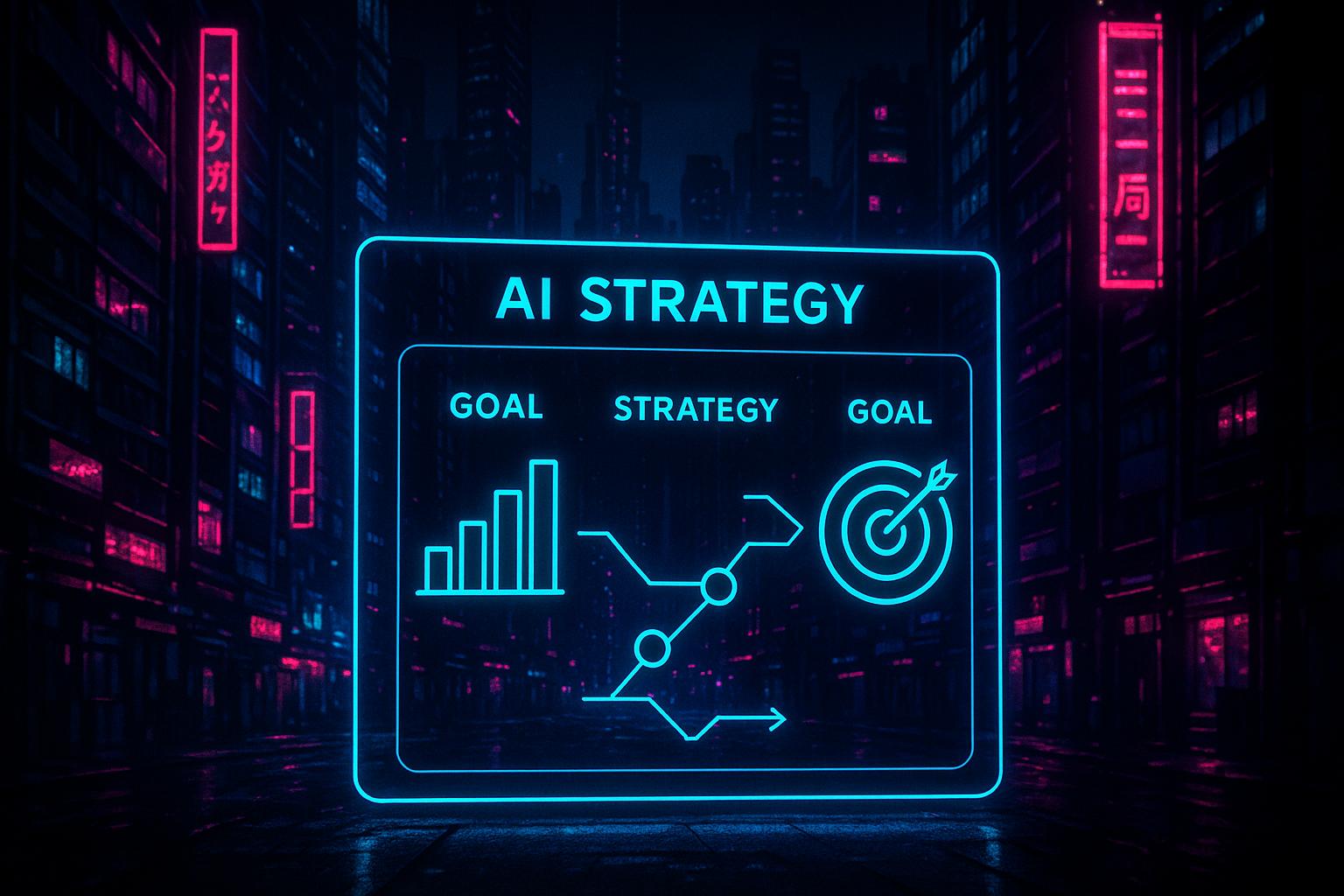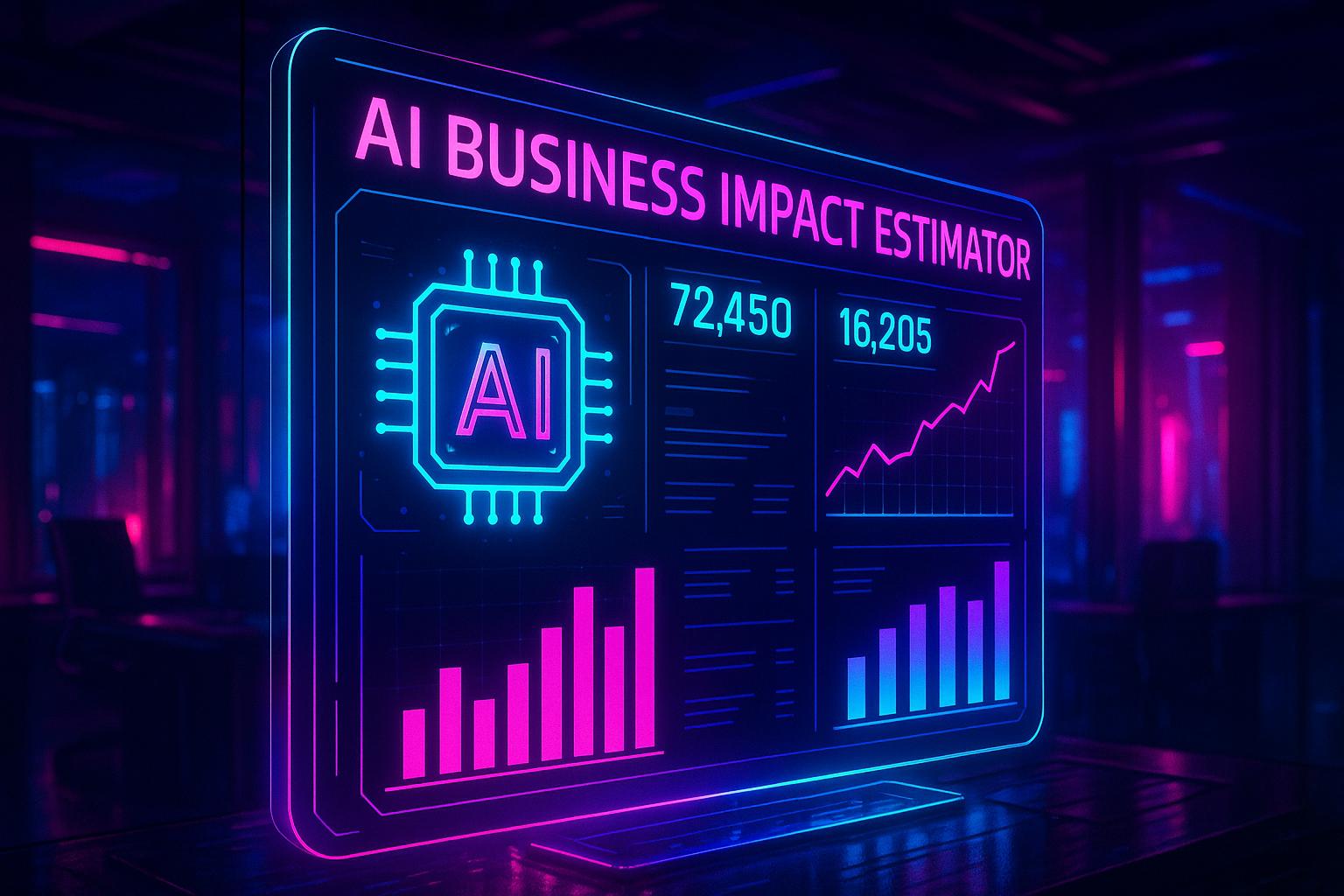For businesses entrenched in document-heavy workflows, the prospect of radically reducing manual effort is no longer a distant dream - it’s a reality with AI-driven document processing. In this article, we delve into how AI technologies like the Acre platform are transforming the loan review process, shaving hours off operational tasks, improving accuracy, and enabling businesses to allocate their human resources more effectively.
Drawing on insights shared by Joe, a seasoned expert with over three decades in banking and risk management, we’ll explore the evolution of loan processing from labor-intensive manual methods to cutting-edge AI solutions. Whether you’re a financial executive or a decision-maker seeking to optimize your operations, this article will provide clarity on how AI-powered tools can directly impact your business performance.
The Problem: The Manual Burden of Loan Reviews
Loan review processes, especially for residential and commercial mortgages, are notoriously time-consuming. Historically, underwriters relied on the "stare and compare" method, manually extracting data from countless documents, inputting it into underwriting systems, and validating its accuracy. According to Joe, this manual routine could take up to four hours per file, depending on the complexity of the loan.
Compounding the issue further is the variability and volume of documents involved in loan reviews. From structured forms to handwritten and decades-old documents, the task is often labor-intensive, requiring meticulous attention to detail. This inefficiency not only slows down business workflows but also contributes to higher operational costs and delays in loan issuance.
In Joe’s words: "The challenge wasn’t just extracting data - it was integrating it into existing process flows quickly and effectively, while maintaining accuracy."
The Solution: Acre’s AI-Powered Document Processing Platform
Motivated by the inefficiencies of manual loan reviews, Joe and his team embarked on a multi-year journey to build Acre - an AI-powered platform designed to revolutionize document processing. Acre leverages advanced machine learning to identify, extract, and process data from documents with remarkable speed and precision.
A Flexible Solution for Any Document Type
Unlike legacy OCR (optical character recognition) systems, which are limited to strictly formatted, structured documents, Acre can handle a wide range of inputs, including:
- Structured documents: Standardized forms like credit applications.
- Semi-structured documents: Documents with shifting formats, such as invoices.
- Unstructured documents: Complex or handwritten content, even if damaged or distorted.
Acre is designed to accommodate both contemporary and historical documents. Whether processing a handwritten mortgage application from the 1990s or a scanned trade confirmation from yesterday, Acre performs reliably across use cases.
Key Features That Set Acre Apart
- Integration into Process Flows: Acre doesn’t just extract data - it integrates directly into existing underwriting and business applications, seamlessly pushing data downstream for further action.
- Speed and Scalability: Processing millions of pages in mere hours, Acre eliminates the need for manual validation, even when dealing with massive datasets.
- Confidence Scoring: Each extracted data point is assigned a confidence score, allowing businesses to prioritize validation efforts efficiently.
- Adaptability: Acre’s ability to infer context - such as identifying names and fields in unfamiliar document formats - makes it a standout solution.
For Joe’s team, the results speak volumes: "What used to take four hours now takes less than two. In some cases, it’s even less than one hour, saving time, money, and enabling our team to focus on high-value underwriting tasks."
Beyond Banking: Expanding Applications of AI Document Processing
While Acre was initially developed for the financial domain, its capabilities have found application in diverse industries. Joe shared several unexpected use cases, demonstrating the platform’s versatility:
- Retail Property Management: Acre automates the reconciliation of bank statements for property owners, matching deposits to tenants and updating accounting systems.
- Trade Confirmations for Broker-Dealers: The platform extracts and reconciles trade data to ensure accuracy in financial transactions.
- Custodians of Securitizations: Acre processes remittance reports for reconciliation, streamlining workflows for custodians.
These examples illustrate how AI document processing can address pain points in industries far beyond lending, offering tailored solutions to any business grappling with high volumes of documentation.
Overcoming Challenges in AI Integration
Despite its transformative potential, integrating AI into document-heavy processes is not without hurdles. Joe identified two significant challenges that businesses face when adopting such technology:
- Overcoming Legacy Expectations: Many businesses remain skeptical due to past experiences with underwhelming or unreliable solutions. Joe emphasized the importance of transparency: "We encourage clients to test the platform using their own documents. So far, we’ve never had a failure."
- Scaling Infrastructure: Processing massive volumes of data requires robust infrastructure. Acre addresses this with a network of over a thousand servers, dynamically scaling to meet demand without compromising performance.
The Future of AI Document Processing
Looking ahead, Joe envisions further enhancements to Acre’s capabilities. Though specifics remain under wraps, the focus is clear: making processes even faster, more reliable, and more industry-specific. The ultimate goal is to reach a point where even the most complex reviews, such as full residential underwriting, are fully automated.
However, Joe notes that for now, human oversight remains crucial for high-stakes assessments like residential mortgage reviews. While consumer loans and smaller transactions are already heavily automated, achieving full automation for comprehensive loan reviews may still be five years away.
Key Takeaways
- AI Streamlines Loan Review Processes: AI platforms like Acre reduce the time required for loan reviews from hours to minutes, significantly improving efficiency.
- Versatility Across Document Types: Acre handles structured, semi-structured, and unstructured documents, including handwritten and historical files.
- Seamless Integration: The platform integrates into existing workflows and applications, eliminating manual data entry.
- Broader Applications Beyond Banking: AI document processing is being used in industries such as retail property management and securities trading.
- Confidence Scoring Enhances Accuracy: Assigning confidence scores to extracted data ensures that only reliable information is passed downstream.
- Overcoming Legacy Limitations: Unlike outdated OCR systems, Acre represents a new generation of AI that is faster, more adaptive, and scalable.
- Scalability Supports High Volumes: With robust infrastructure, Acre can process millions of pages rapidly, meeting the needs of high-volume industries.
- Human Oversight Remains Key in Complex Reviews: While automation is advancing, comprehensive reviews for high-risk transactions still require human expertise.
Conclusion
AI document processing is no longer just a buzzword - it’s a game-changer for businesses looking to optimize workflows, cut costs, and improve accuracy. Platforms like Acre are leading the charge by proving that automation can deliver measurable results across industries. From reducing loan review times to simplifying complex reconciliation tasks, the potential applications are vast and varied.
For decision-makers in mid-to-large enterprises, the time is ripe to explore how AI document processing can redefine their operations. As Joe aptly put it, "It’s about making lives easier, faster, and more efficient - while saving money and driving growth." The journey toward transformation is underway, and AI is paving the path forward.
Source: "From 4 Hours to 1: Real AI Document Processing (w/ Joe Furlong)" - Finance Market Leaders, YouTube, Jan 1, 1970 - https://www.youtube.com/watch?v=oyXttiakQOk
Use: Embedded for reference. Brief quotes used for commentary/review.






.png)